Prosecuted the Klan in Landmark Case
Jacob Tanzer ’56
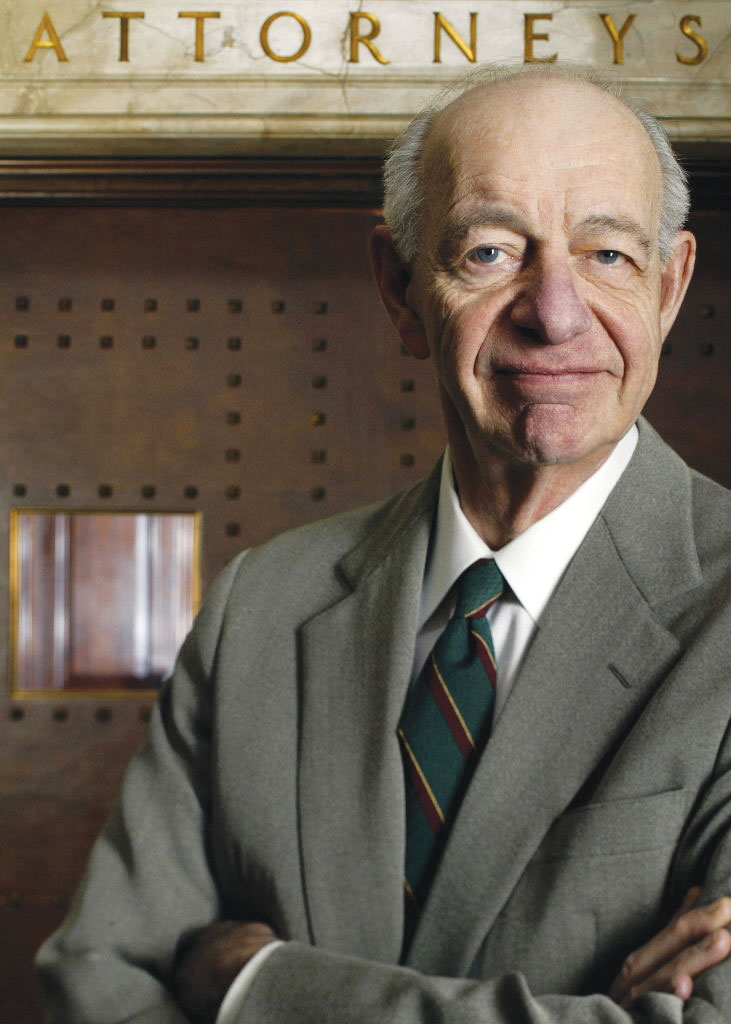
July 23, 2018, in Portland, following a fall in which he struck his head.
Lawyer, judge, and public servant, Jacob spent decades building an outsized reputation as a lion of the law, ultimately serving as a justice on the Oregon Supreme Court. But the case that launched—and defined—his career was the investigation into the 1964 murders of civil rights activists Andrew Goodman, James Chaney, and Michael Schwerner—immortalized in the film Mississippi Burning.
“It was pivotal historically,” he said. “It was when the nation as a whole said, ‘No more.’ . . . These dozen Klansmen and their victims really changed history.”
The son of Russian immigrants, Jacob was born in Longview, Washington, where his father ran a men’s clothing store. In later years, when Jake asked his father, “What is socialism?” his father replied, “Socialism is anything but the tsar.” Neither parent had ever spent a day in school, but they felt it was important for their sons to be educated.
“If I wanted to do something I had to explain it to my folks,” Jake said. “If the explanation wasn’t very satisfactory—it didn’t seem to make them want it—I would say, ‘It’s educational.’ That was the magic word. If it was educational, I not only could but should do it.”
Jake graduated from Grant High School, initially began at the University of Oregon, and transferred to Stanford. When his mother came down with tuberculosis, the family could no longer afford to send him to Stanford, so he transferred to Reed, where his brother, Hershal Tanzer ’48, was an alumnus. Jake spent a couple of years at Reed and eventually earned both his BA and his JD from the University of Oregon.
In 1959, after passing the Oregon bar exam, he established a small law practice in Portland. “I had no great desire to join a large firm,” he said. “My grades weren’t particularly good. In fact, I graduated as the top man in the bottom half of my class. I’ve always been rather pleased with that. So, I wasn’t large-firm material.”
Jake yearned for a job with the administration of President John F. Kennedy, whose “New Frontier” slogan inspired him. In 1962, he married Miriam Albert, whom he met when she was briefly enrolled as a student at Reed, and the couple moved to Washington, D.C., where Jake joined the U.S. Department of Justice, serving as a trial attorney in the organized crime and racketeering division under Attorney General Robert Kennedy.
“Compared to a corner office on 122nd and Glisan, it was wonderful,” Jake said. “I loved it.”
His unit investigated Mafia corruption in the United Auto Workers union and eventually shut down the entire numbers racket in Cleveland, Ohio. As he gained experience working with grand juries, he transferred to the civil rights division and was selected to join a team sent to Neshoba County, Mississippi, to investigate the 1964 deaths of three civil rights activists and prosecute the Ku Klux Klan. This case—which would later become known as the Mississippi Burning case—was instrumental in shaping the civil rights movement. President Lyndon Johnson and civil rights activists used the outrage over the activists’ death to gain passage of the Civil Rights Act of 1964.
Jake asked his boss, Bob Owen, who headed the team, “‘Maybe we can prove the murder, but where is the federal crime?” Owen suggested that for public officials, such as the sheriff, to deny someone his rights under the U.S. Constitution was a crime under an old Reconstruction Era statute. Jake wrote the indictment, which was later upheld by the Supreme Court.
The young lawyers from the DOJ fanned out into the cotton fields around Neshoba County to find witnesses. Jake was warned by a federal marshal that Mississippi was a dangerous place, and told to be wary of pickup trucks with guns in the racks.
“Most of the vehicles were pickups and they all had gun racks, and they all had guns in the gun racks,” Jake said. “We were careful about being in Neshoba County after dark. After dark we always had other things to do. But I was never really scared. We just weren’t thinking that way. We had a job to do.”
His previous work with the organized crime and racketeering division had trained him to think like a prosecutor of big cases, using the grand jury as an investigative tool—not necessarily to indict the guilty, but to stir the pot, giving the impression that it was closing in—making conspirators and witnesses nervous enough to talk to the FBI.
Jake was adamant that “we didn’t carry the ball, but we helped. It was the African Americans who lived in the South who made change happen. They were extraordinarily courageous.”
While he enjoyed the film Mississippi Burning, he pointed out that “the movie portrayal of FBI activity was pure fiction. The [real] FBI went by the book. They used gumshoe tactics, traditional investigative methods, with an infiltration into the Ku Klux Klan, which by the next year left the Klan riddled with FBI employees and informants.
They developed the infiltration techniques investigating the Communist Party, then used many of those methods to infiltrate the Klan. Ultimately, it made the Klan paranoid and had much to do with the crumbling of the Klan.”
A few years later, Jake volunteered with the Lawyers’ Committee for Civil Rights, who went to Mississippi to represent clients—civil rights organizers, people who’d been assaulted by state, county, or local police, and victims of hate crimes—unable to find Mississippi lawyers who would take their cases. “It was fun when you won,” Jake said. But the victories were often small, and Jake recollected once losing 26 cases in one afternoon.
In 1964, the Tanzers returned to Portland with their first child, Joshua, and Jake went from deputy trial attorney for the Multnomah County district attorney to director of the Oregon Law Enforcement Council. One of his first responsibilities while working for the district attorney was to edit the briefs in Thornton v. Hays, the bill that preserves Oregon beaches for public use. He became the state’s first solicitor general and argued before the U.S. Supreme Court on behalf of Oregon in the American Can Co. v. OLCC case, which upheld Oregon’s bottle bill. Jake became the director of the Oregon Department of Human Resources (now the Department of Human Services), and then sat on the Oregon Court of Appeals, an elected position for which he ran unsuccessfully the first time, but was unopposed the second.
Jake and Miriam divorced in 1972. Two years later, he married Elaine Rhine, a Portland schoolteacher who later purchased Elephants Delicatessen. For many years, Jake helped out behind the counter on weekends, to the surprise of colleagues in the legal profession who were more accustomed to seeing him in a black robe than a white apron.
In 1980, when he was 45, he was appointed to the Oregon Supreme Court by Gov. Victor Atiyeh (where he served alongside Justice Hans Linde ’47). Jake wrote a number of opinions from the bench involving land-use law and was the author of the court’s ruling that overturned Oregon’s death penalty in 1981. (Voters reinstated it in 1984.)
Three years later, he resigned to return to private practice, explaining, “Unforeseen family circumstances compel me to immediately seek income greater than my judicial salary.” He had been involved in a protracted court suit with his former wife, Miriam, over child support, which resulted in his having to pay higher support payments.
He is survived by his wife, Elaine Tanzer, and his children, Joshua Tanzer, Jessica Tanzer Conroy, Rachel Tanzer, and Elan Tanzer.
Appeared in Reed magazine: December 2018
comments powered by DisqusFrom the Archives: The Lives they Led
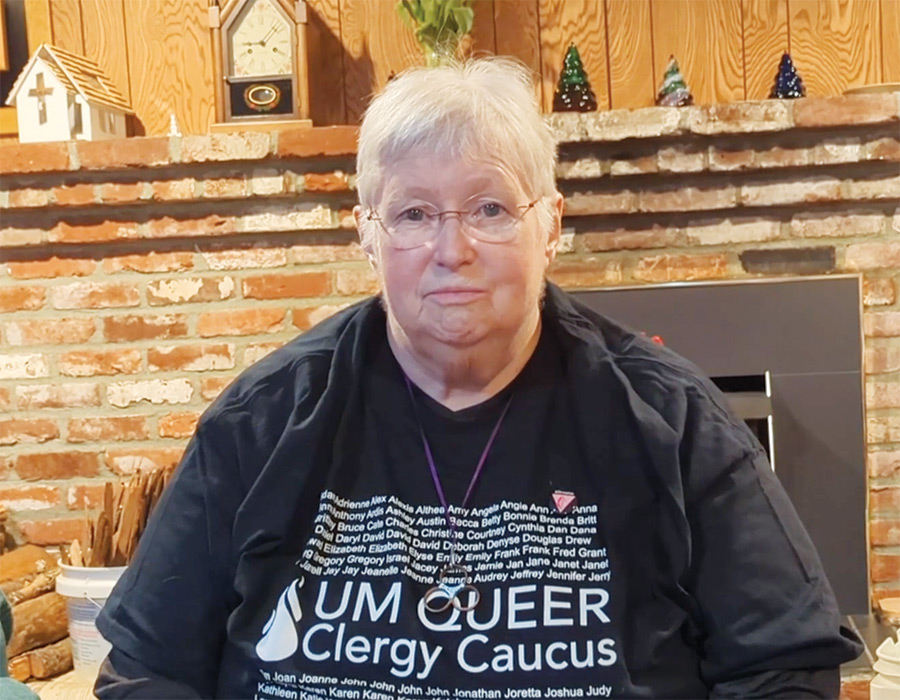
Jeanne Knepper ’69
The First Openly Gay Woman to Be Ordained and Appointed Within the Oregon-Idaho Conference of the United Methodist Church
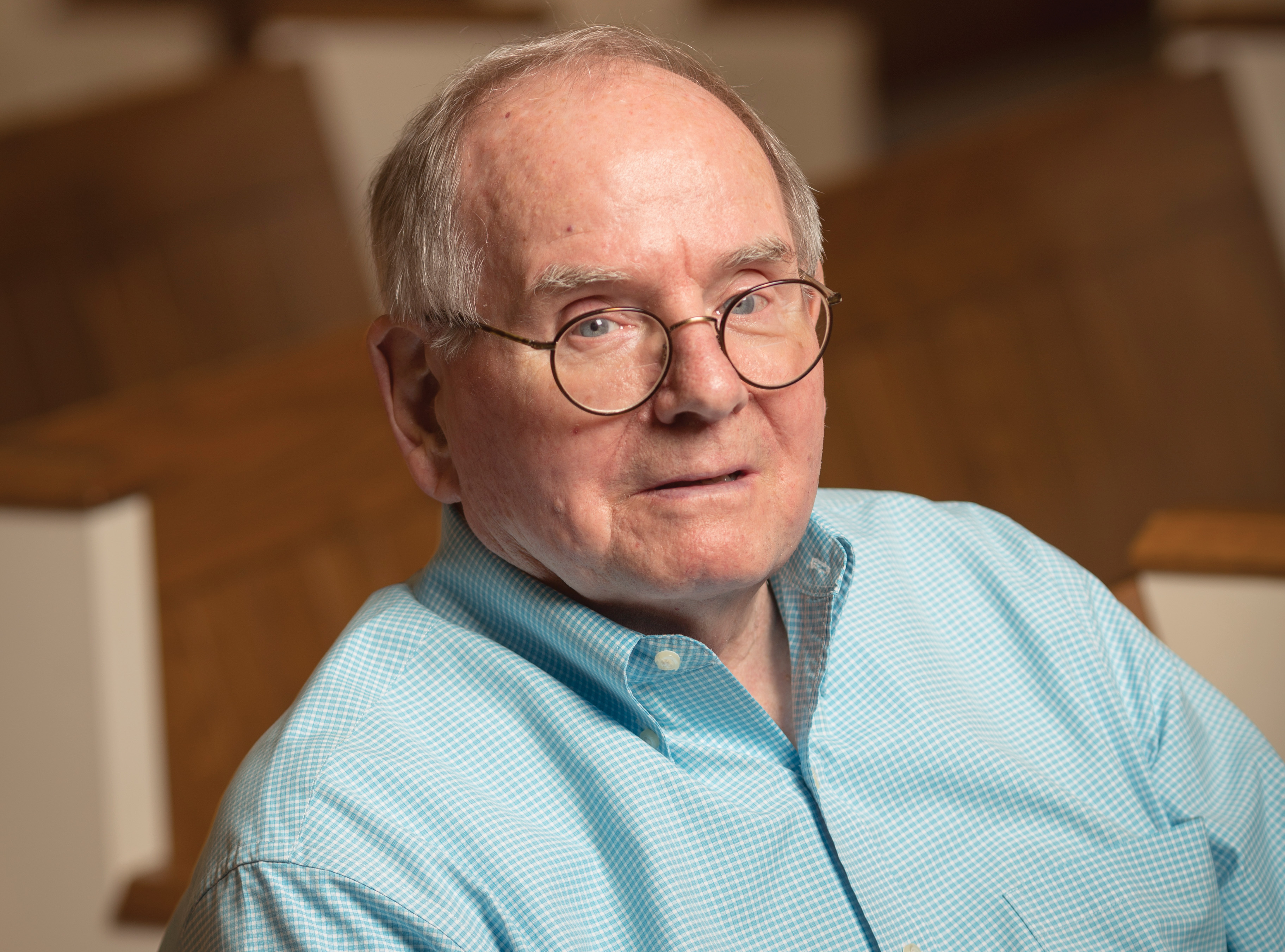
William Haden
As Acting President of Reed, He Strengthened the College's Finances and Alumni Relations
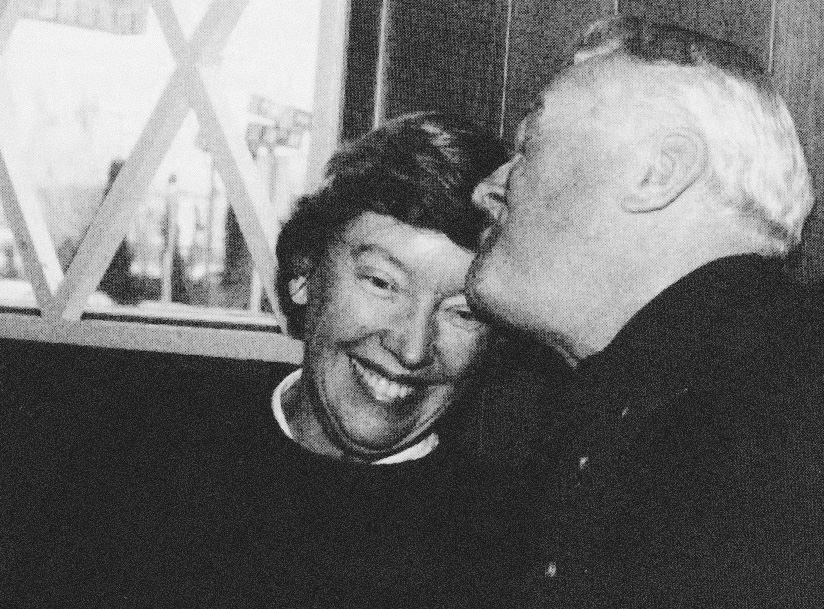
Nancy Horton Bragdon
Reed’s First Lady Whose Warmth and Leadership Were Invaluable During a Turbulent Time

![Photo of Larry Church [chemistry ’73–80]](https://www.reed.edu/reed-magazine/in-memoriam/assets/images/Larry-Church.jpg)

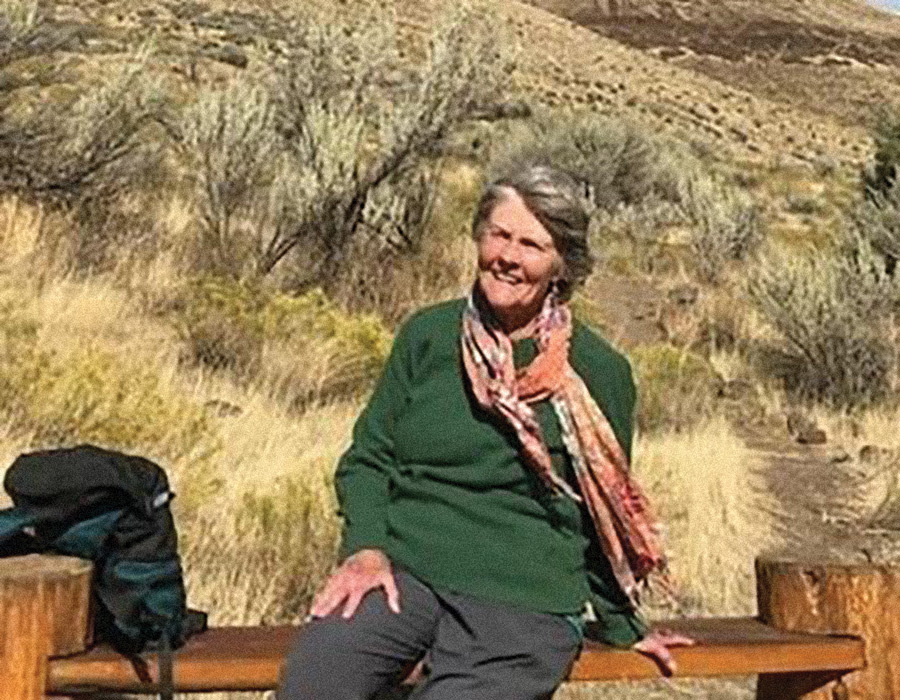

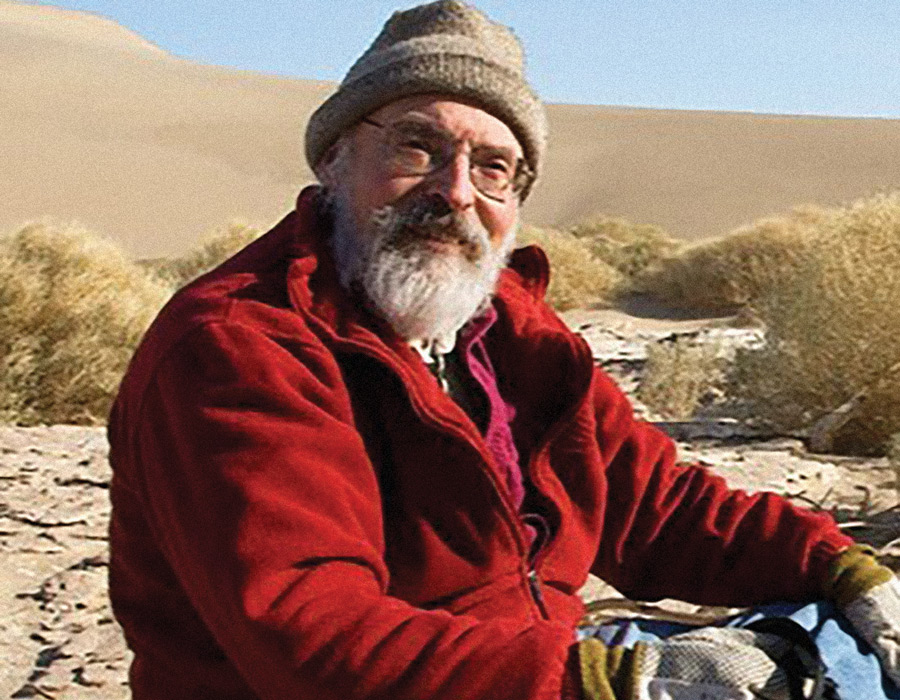



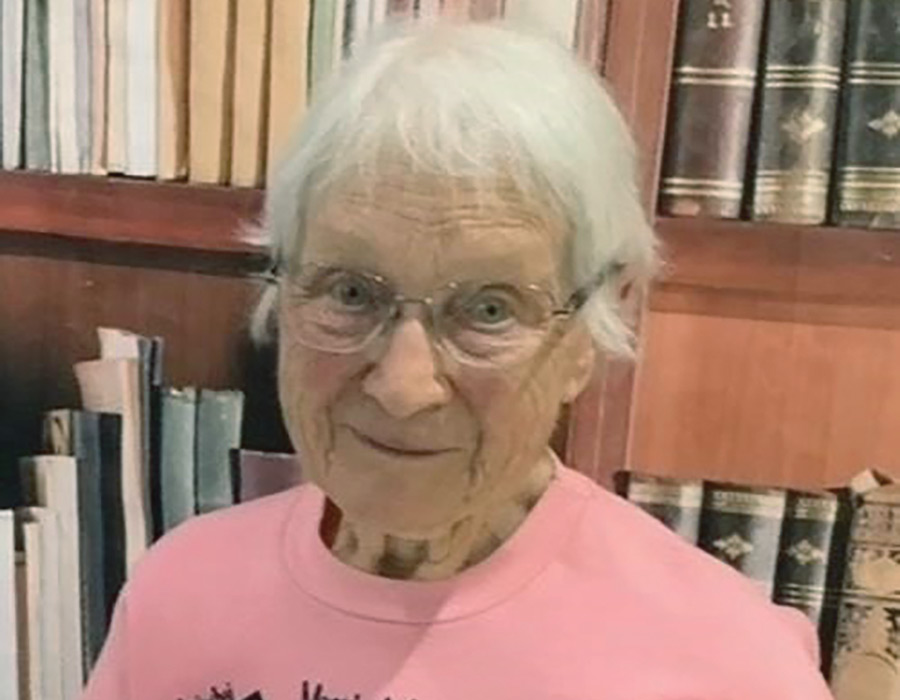
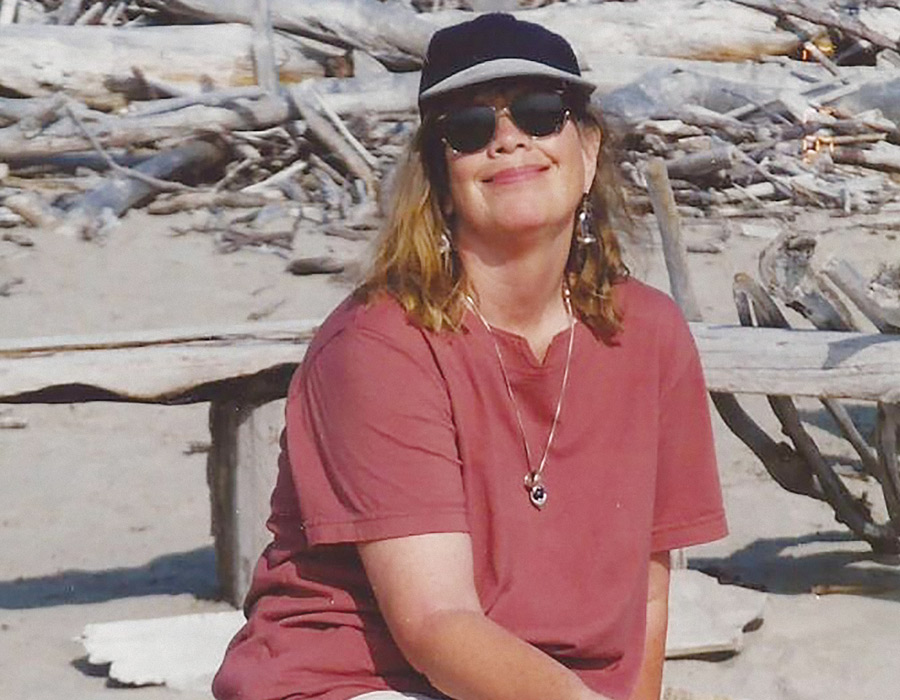
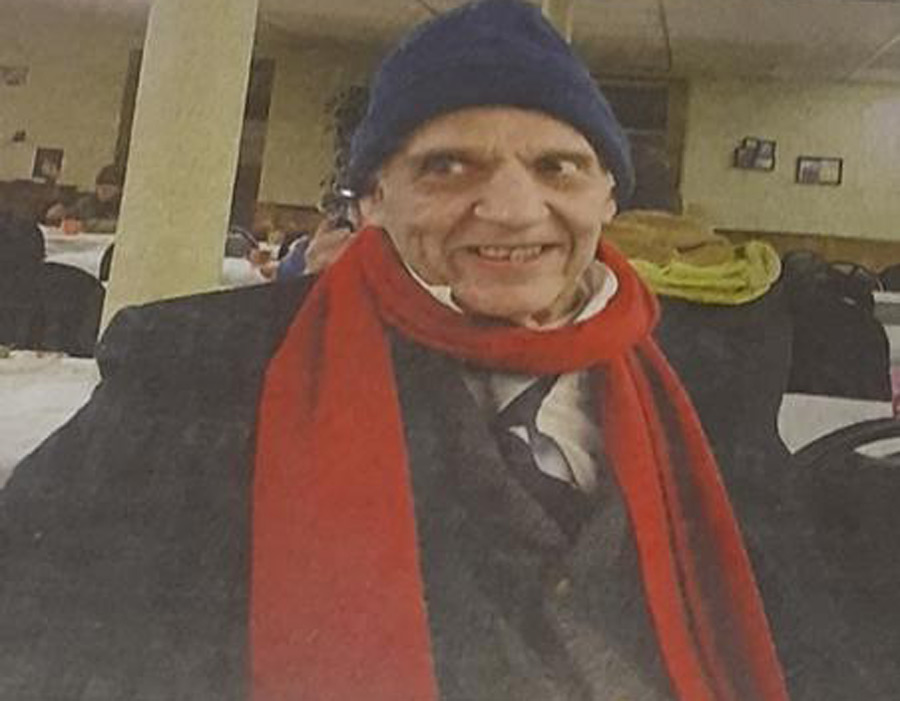
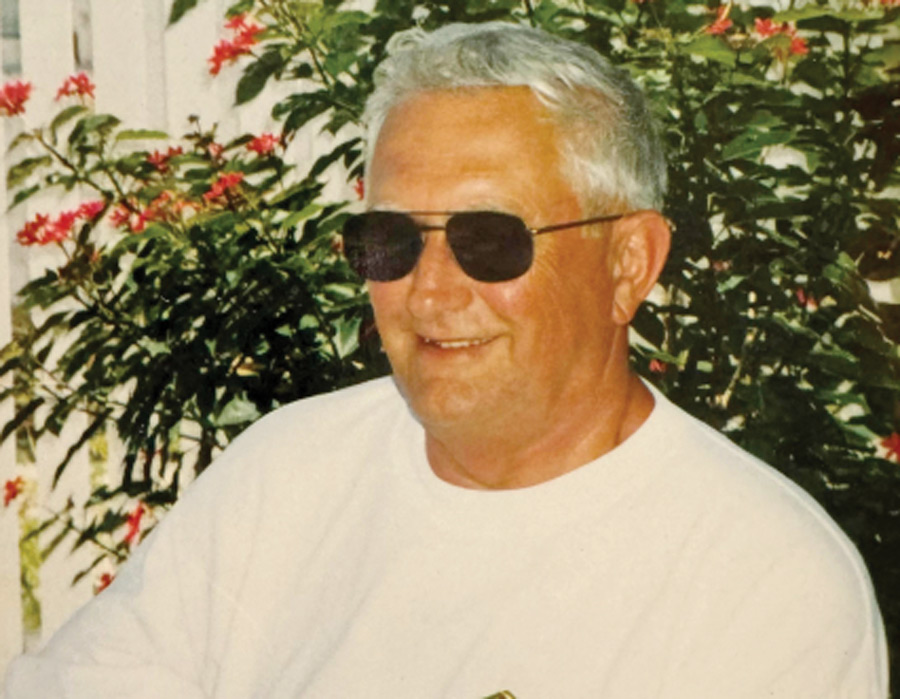
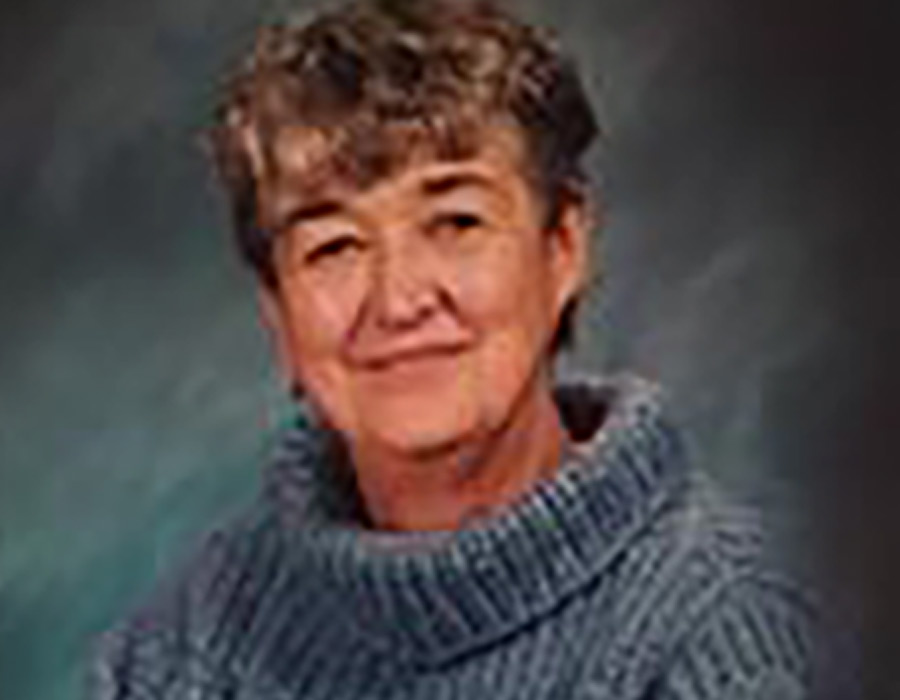
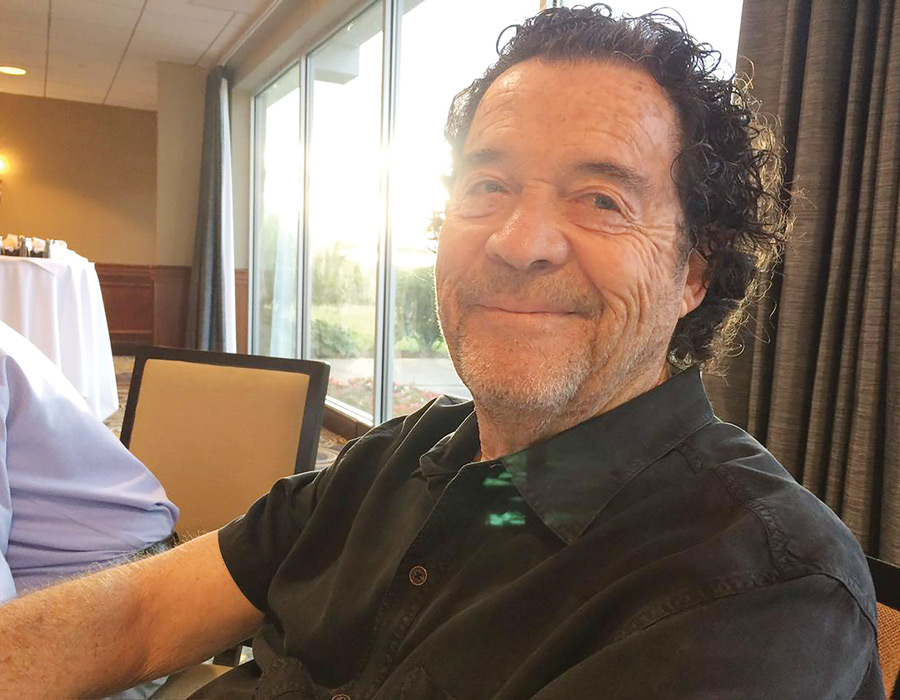


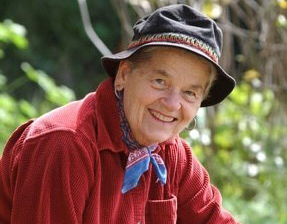
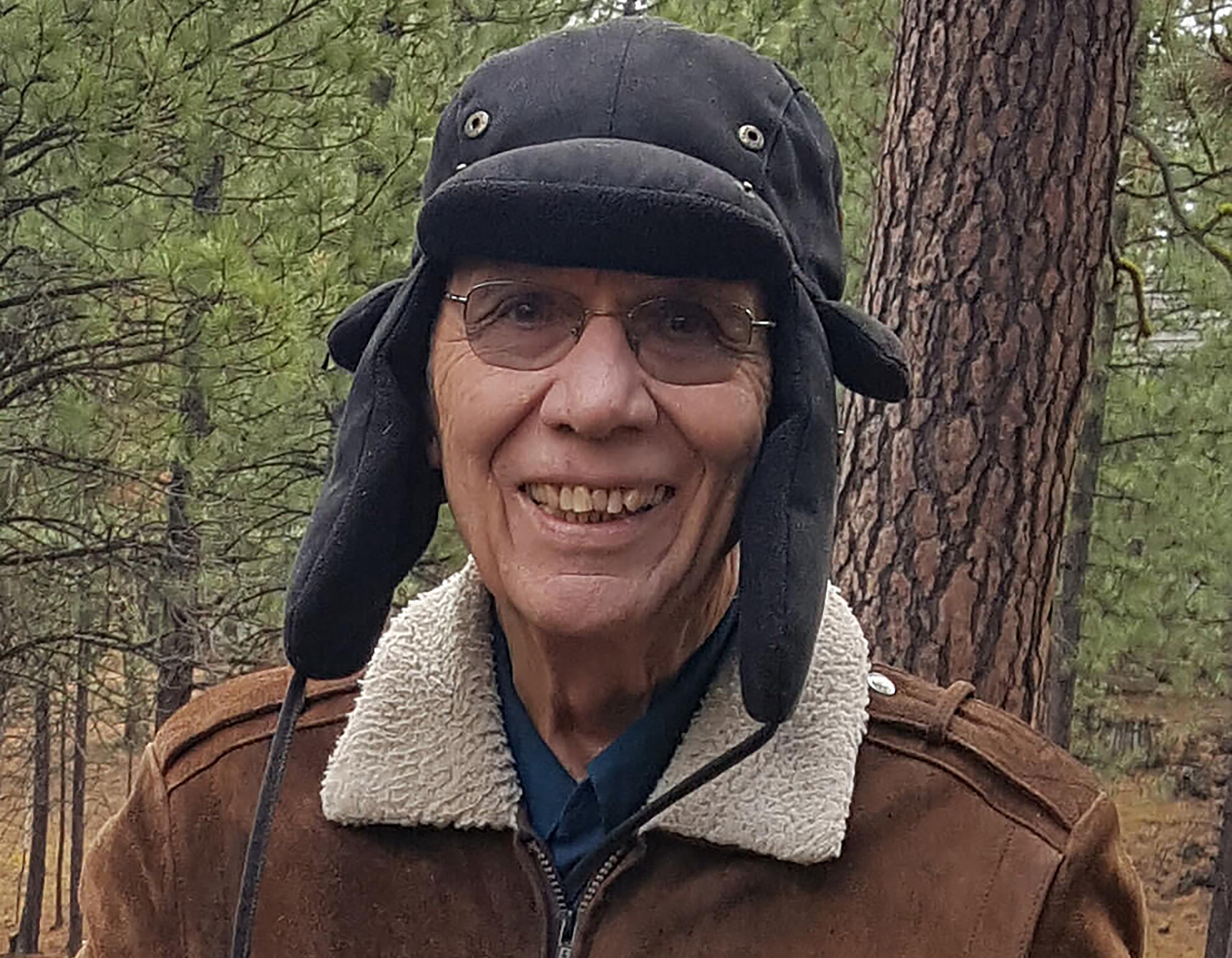
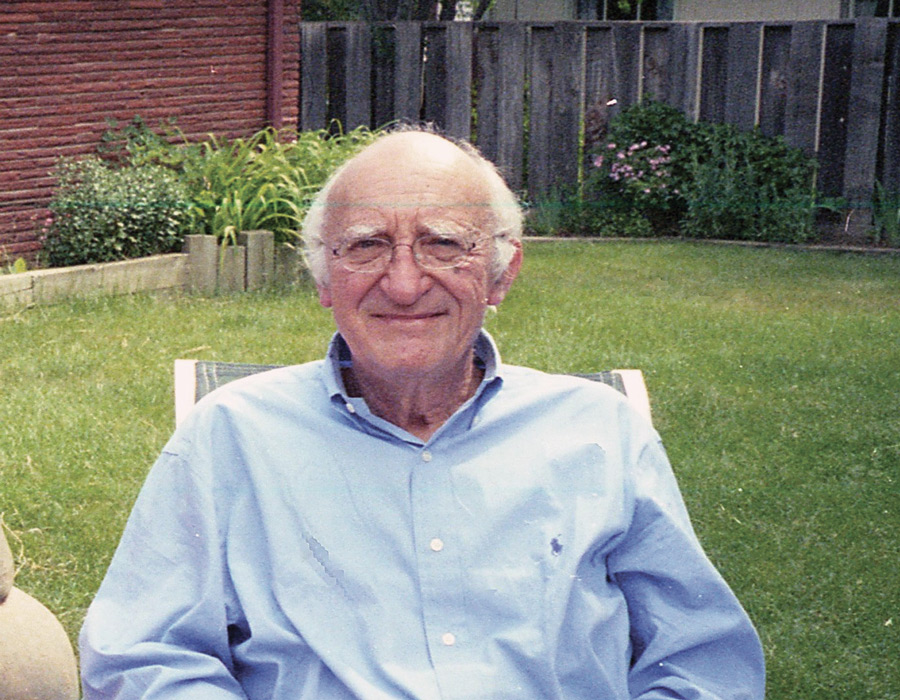
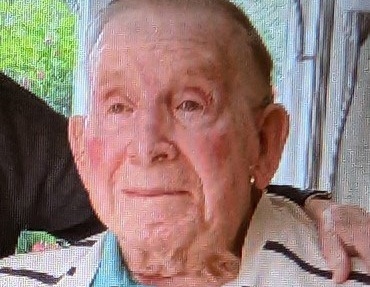
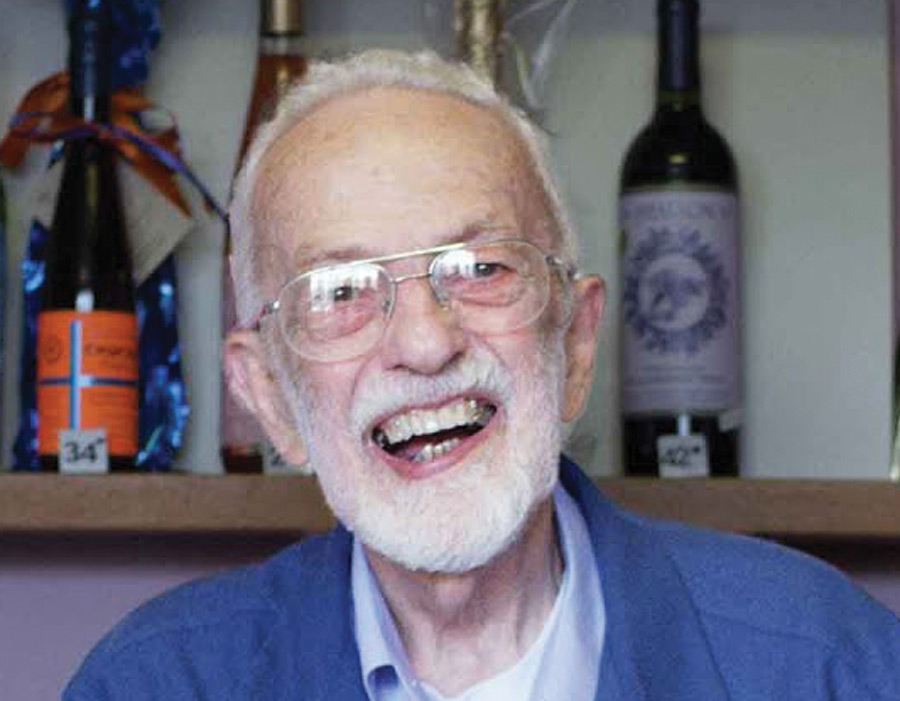
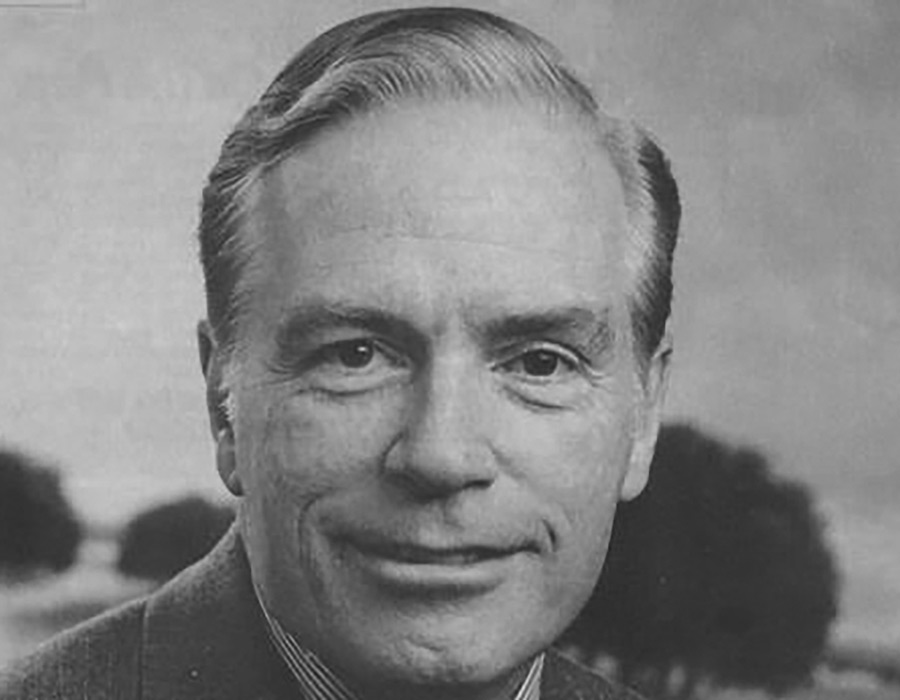
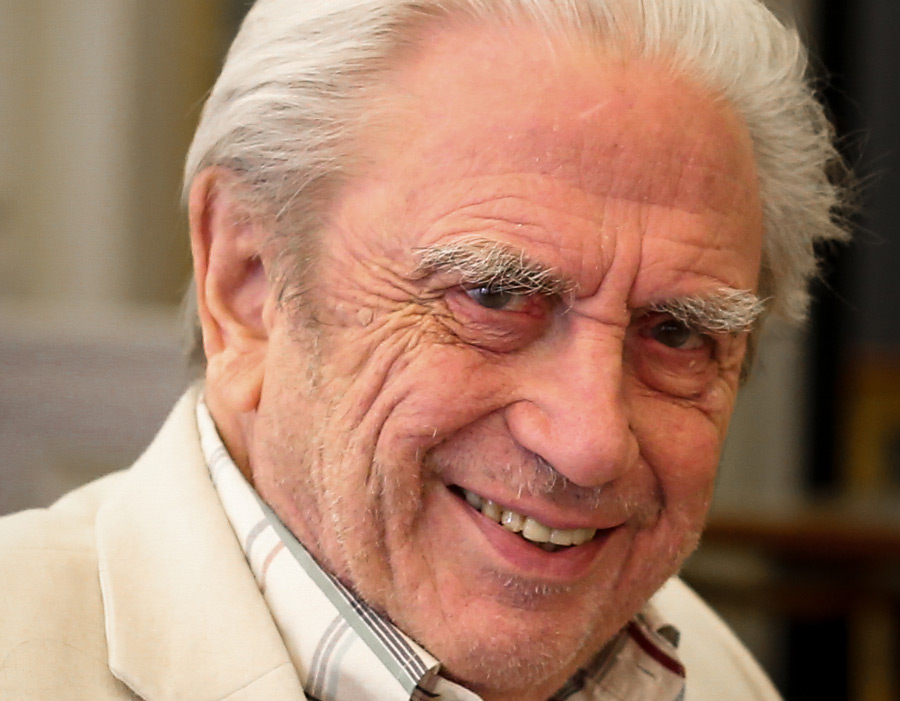
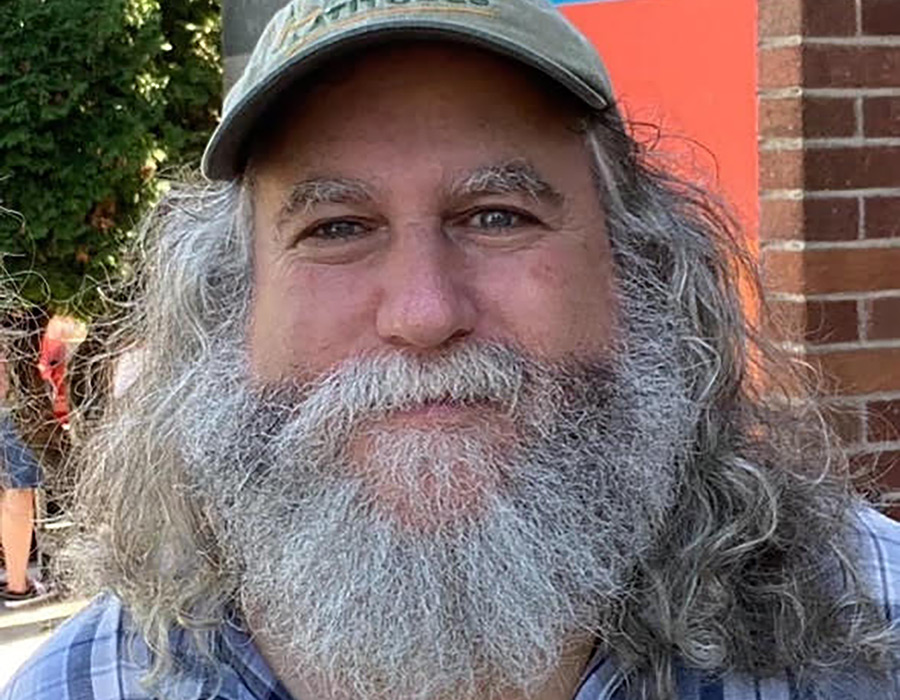





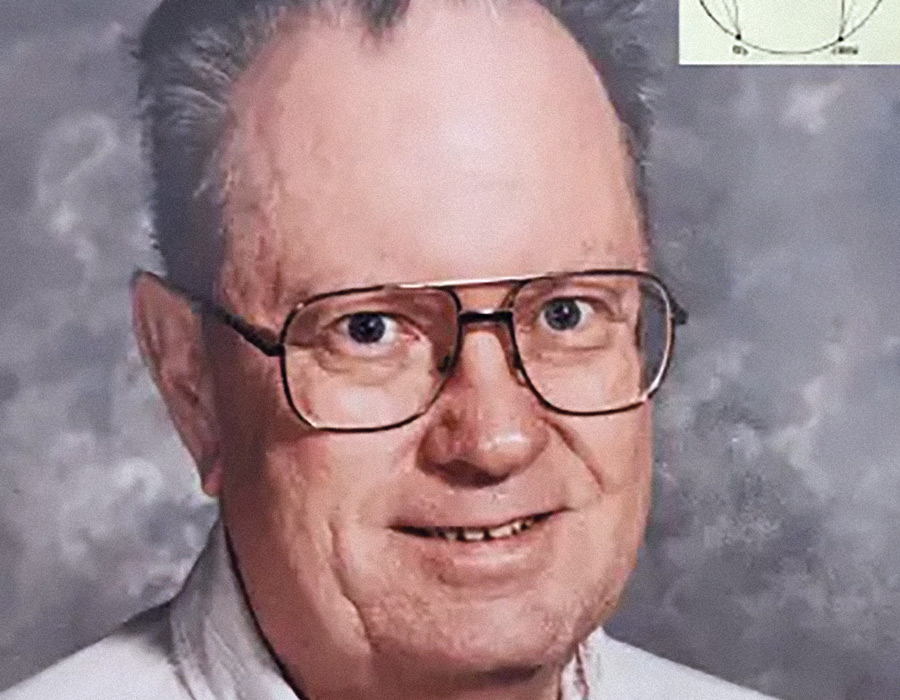
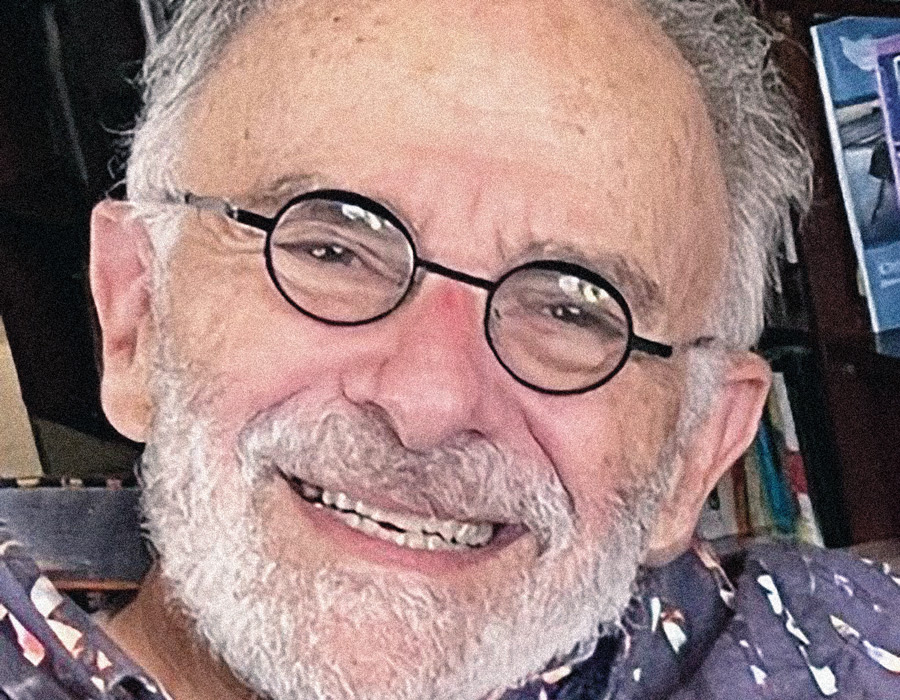
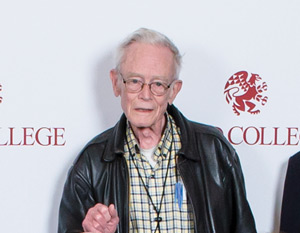
![Photo of Prof. Laurens Ruben [biology 1955–92]](https://www.reed.edu/reed-magazine/in-memoriam/assets/images/Larry-Ruben-copy.jpg)
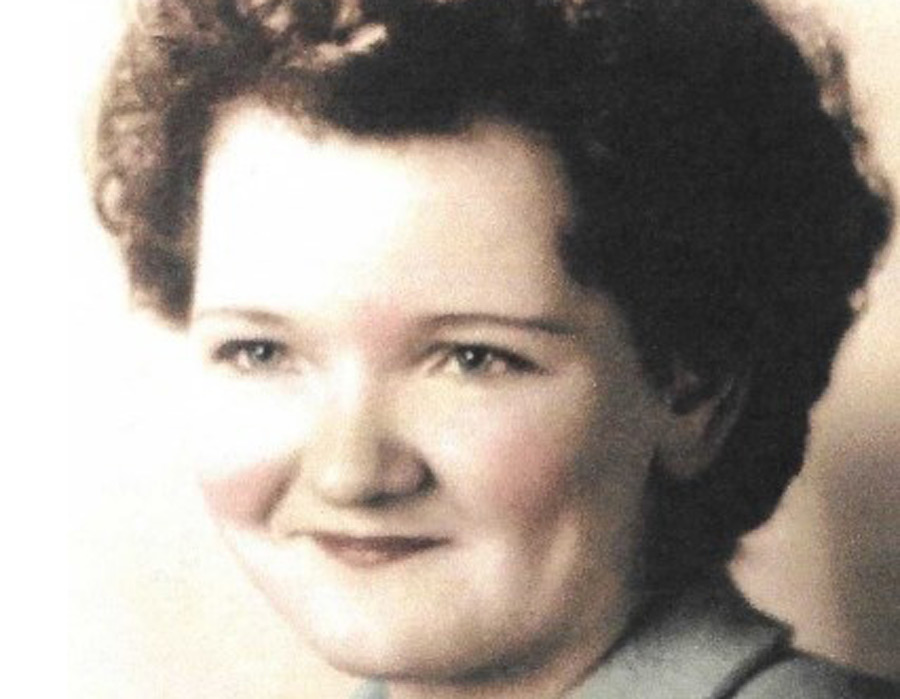
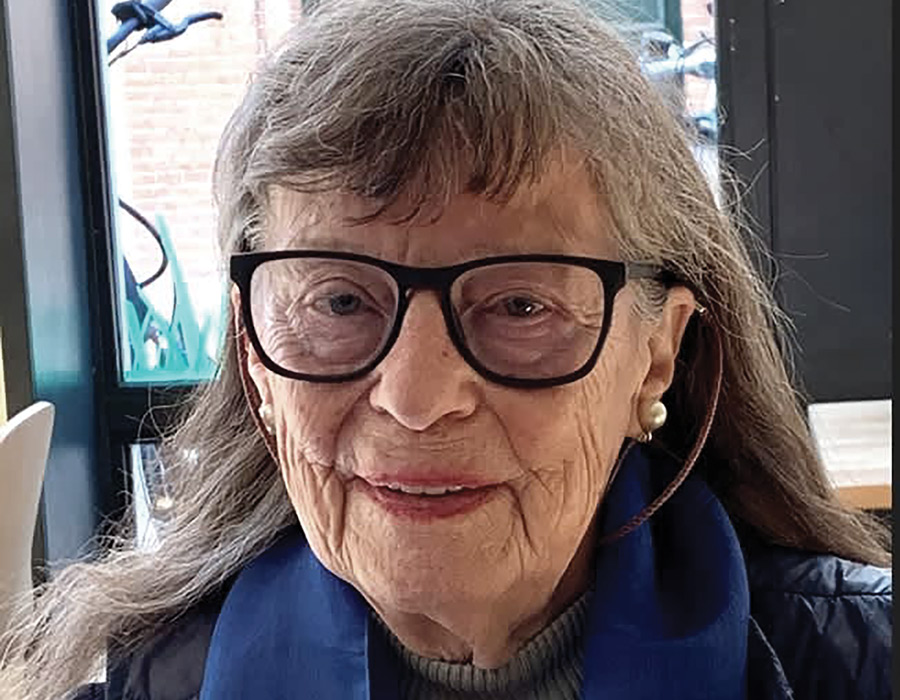
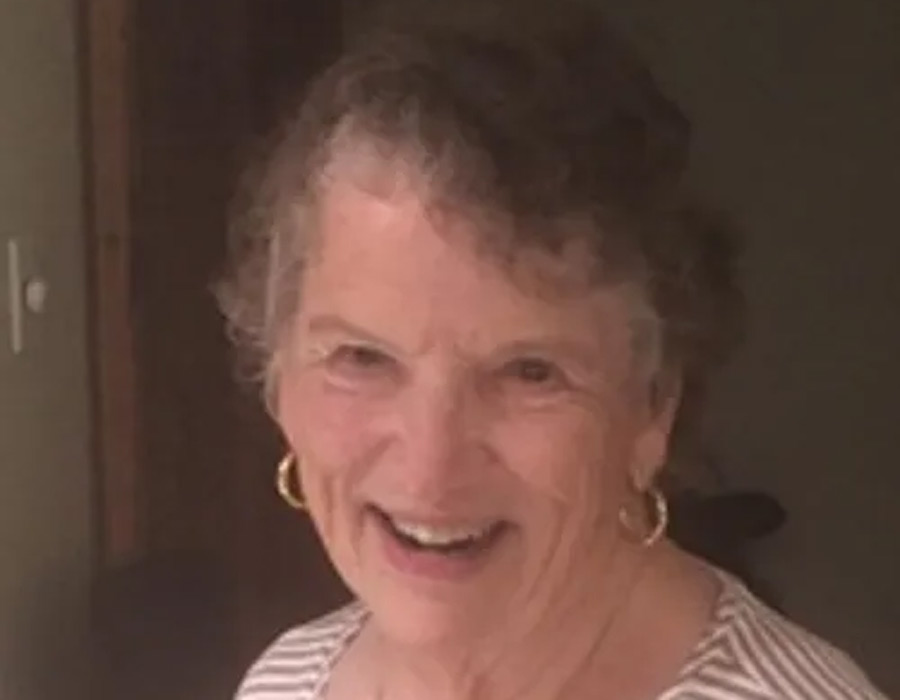

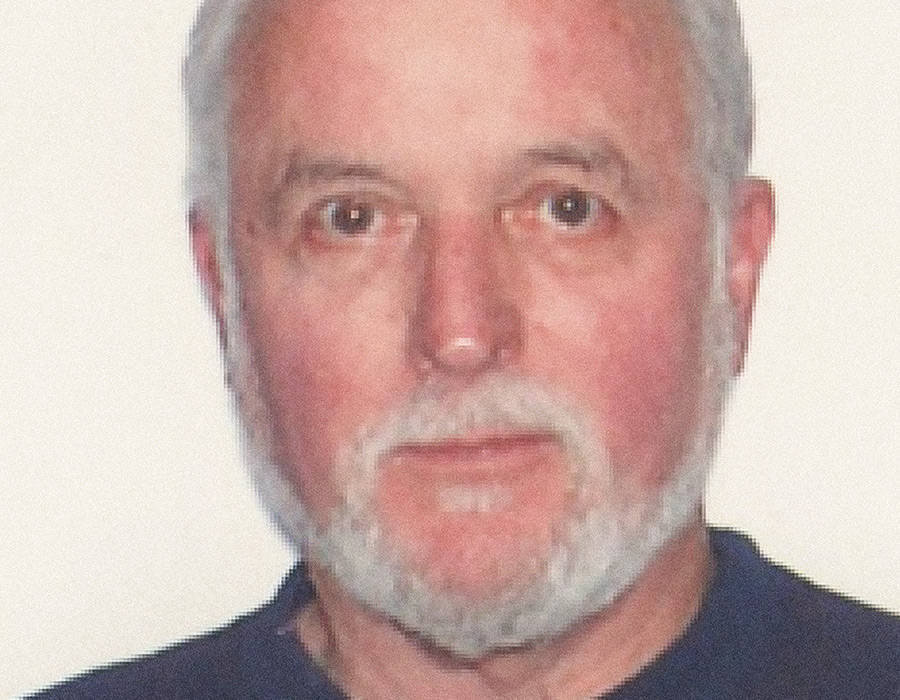
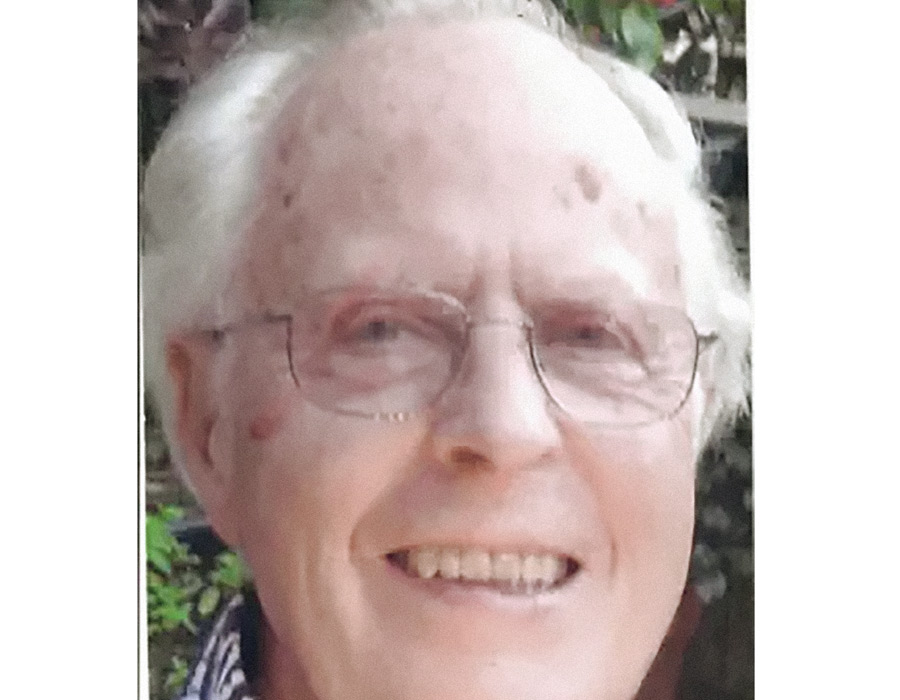

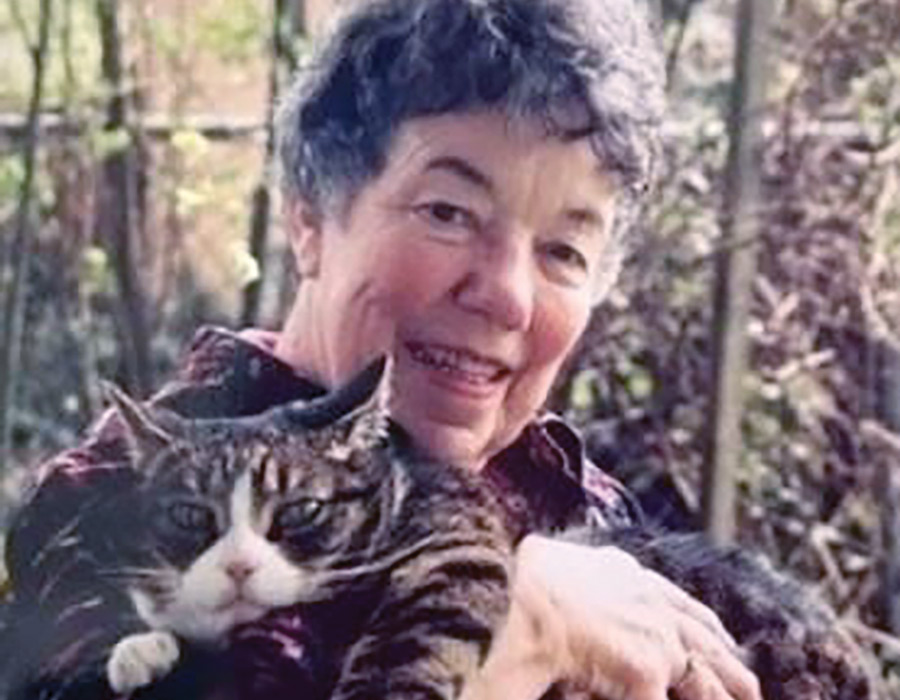
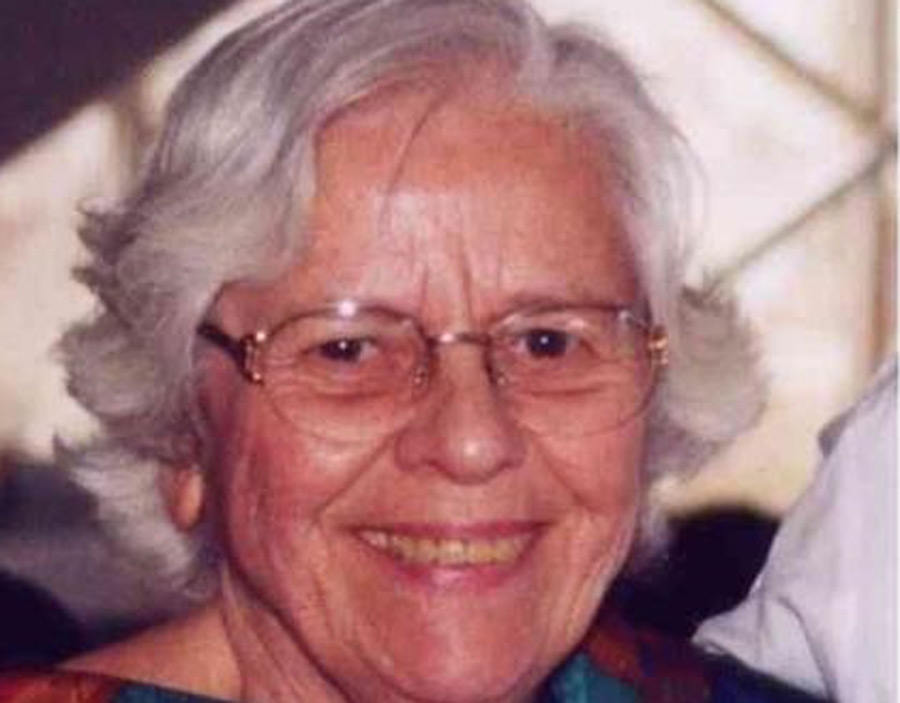
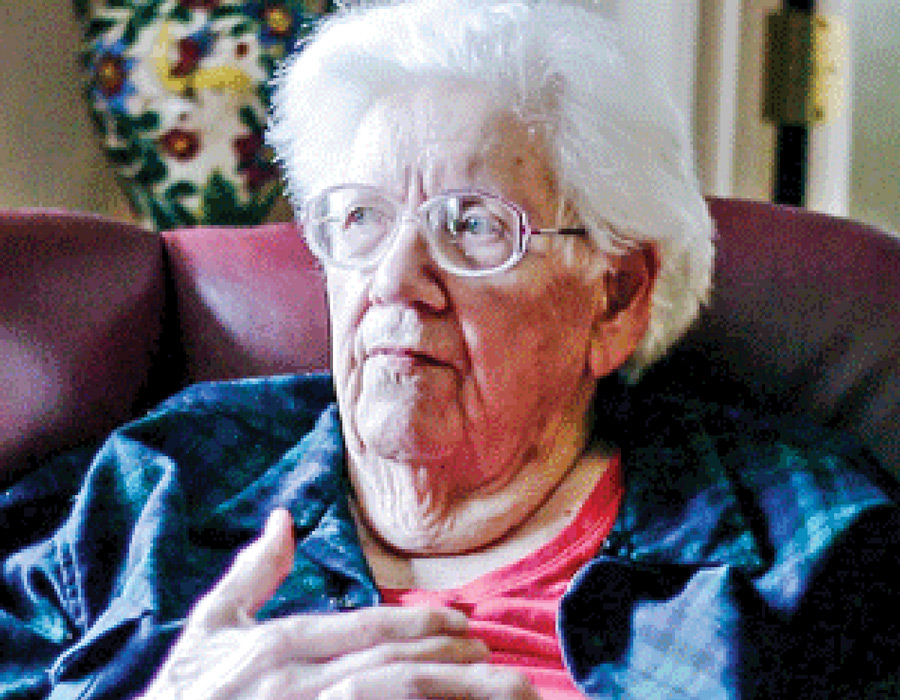
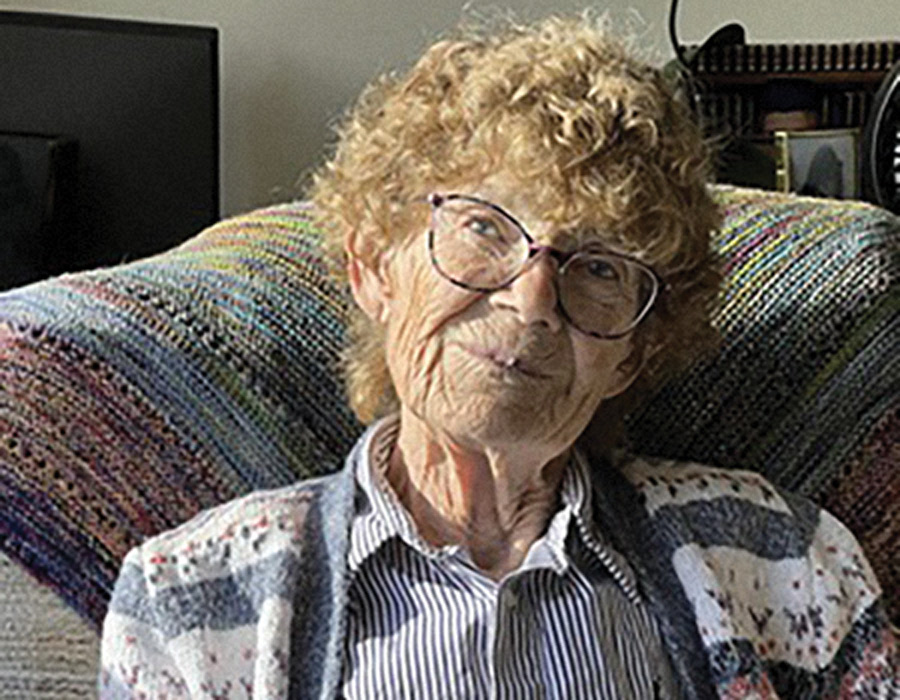
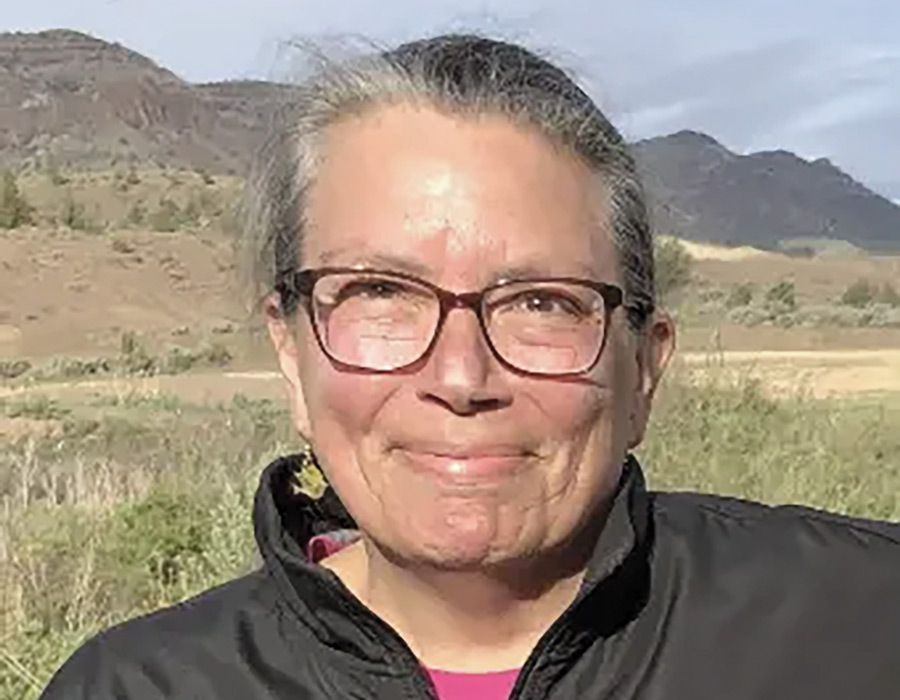



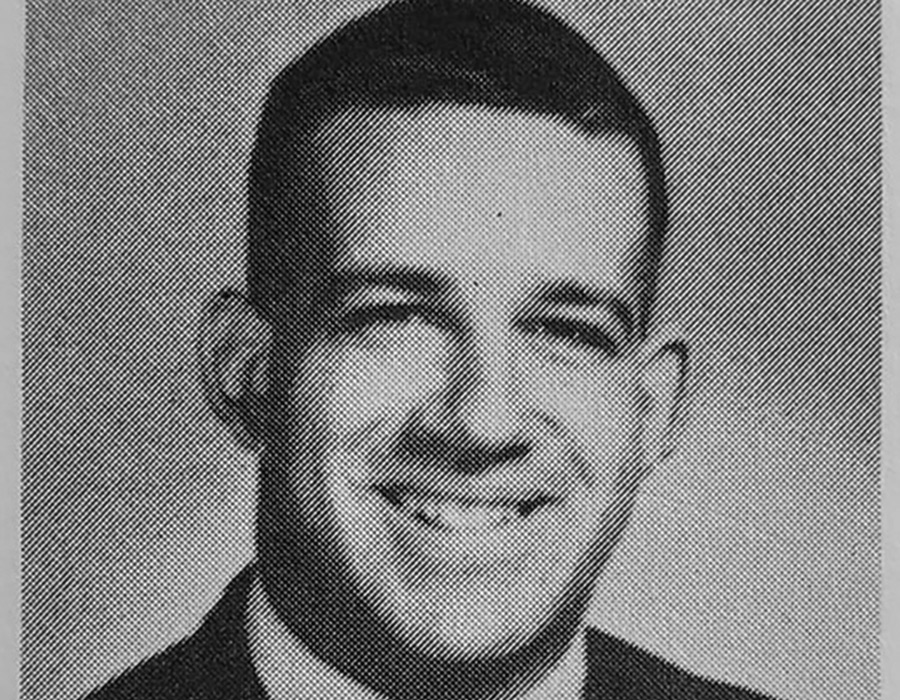
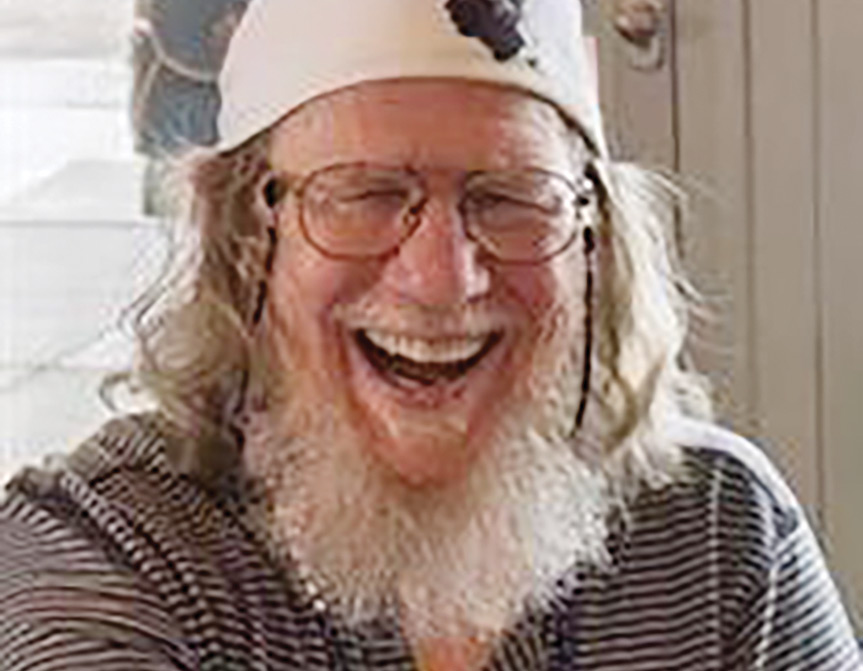

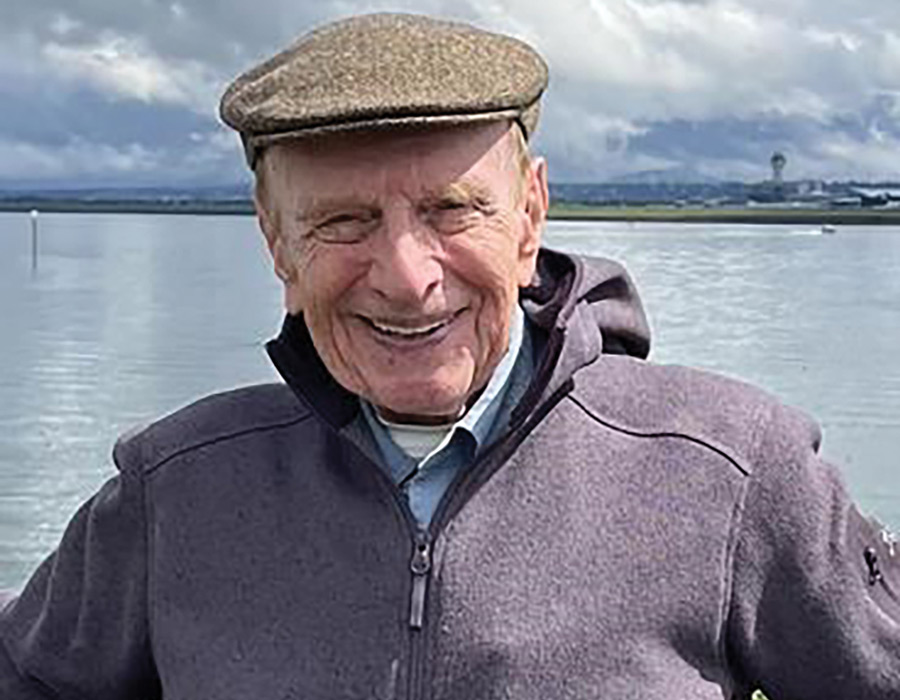

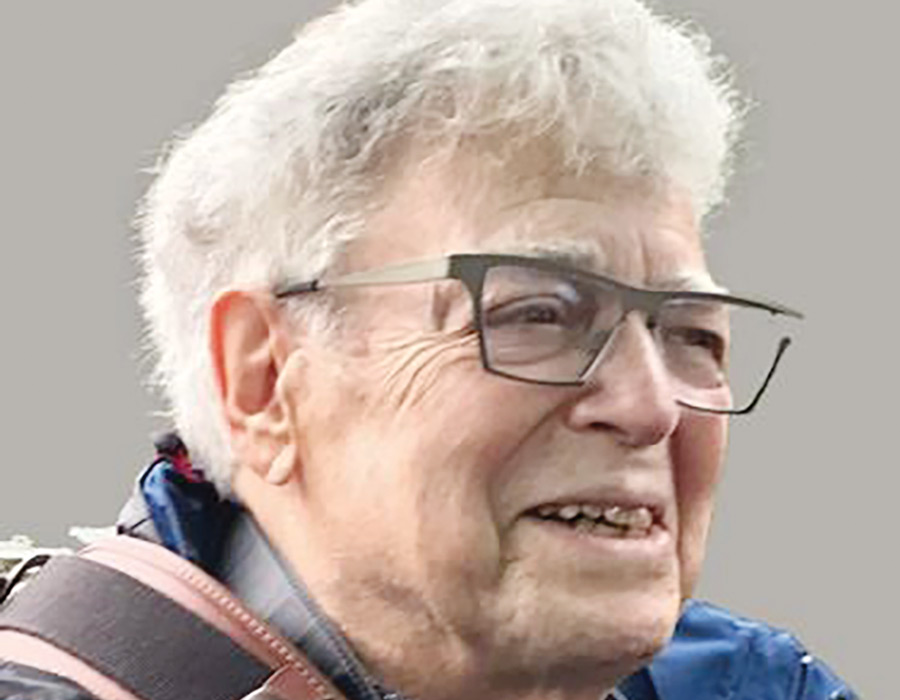
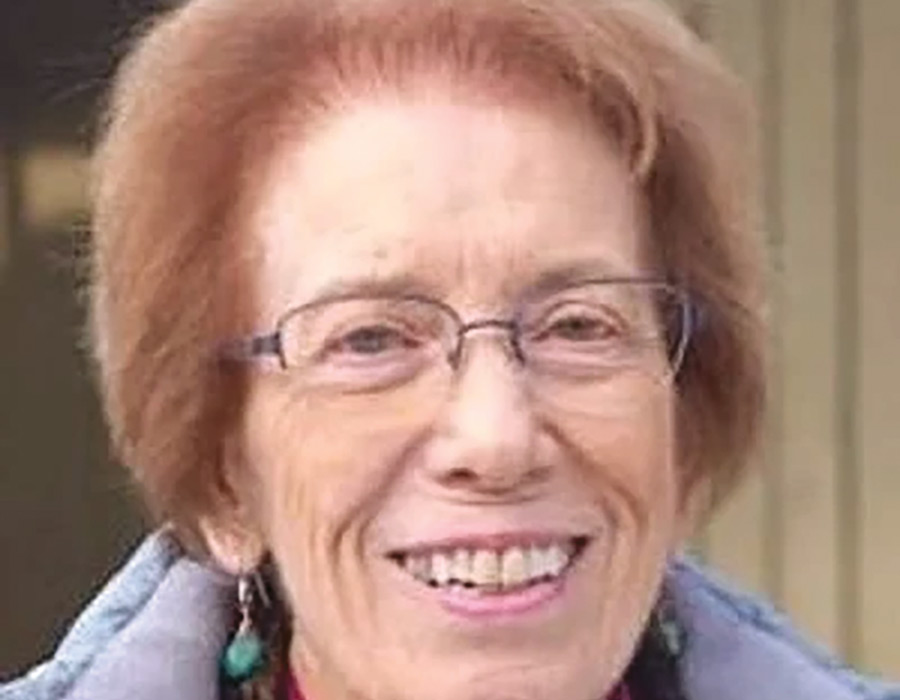
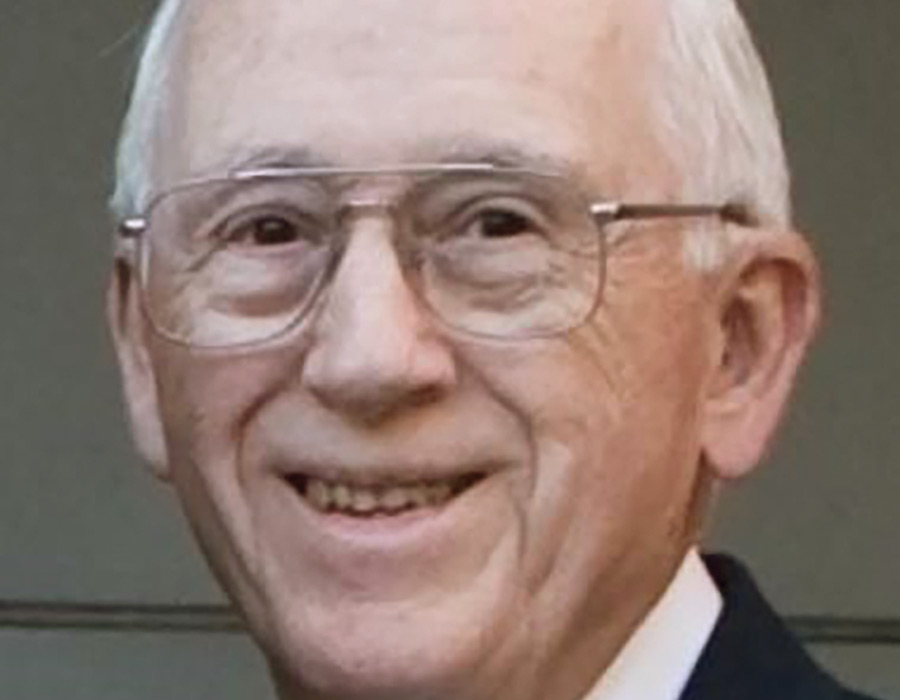

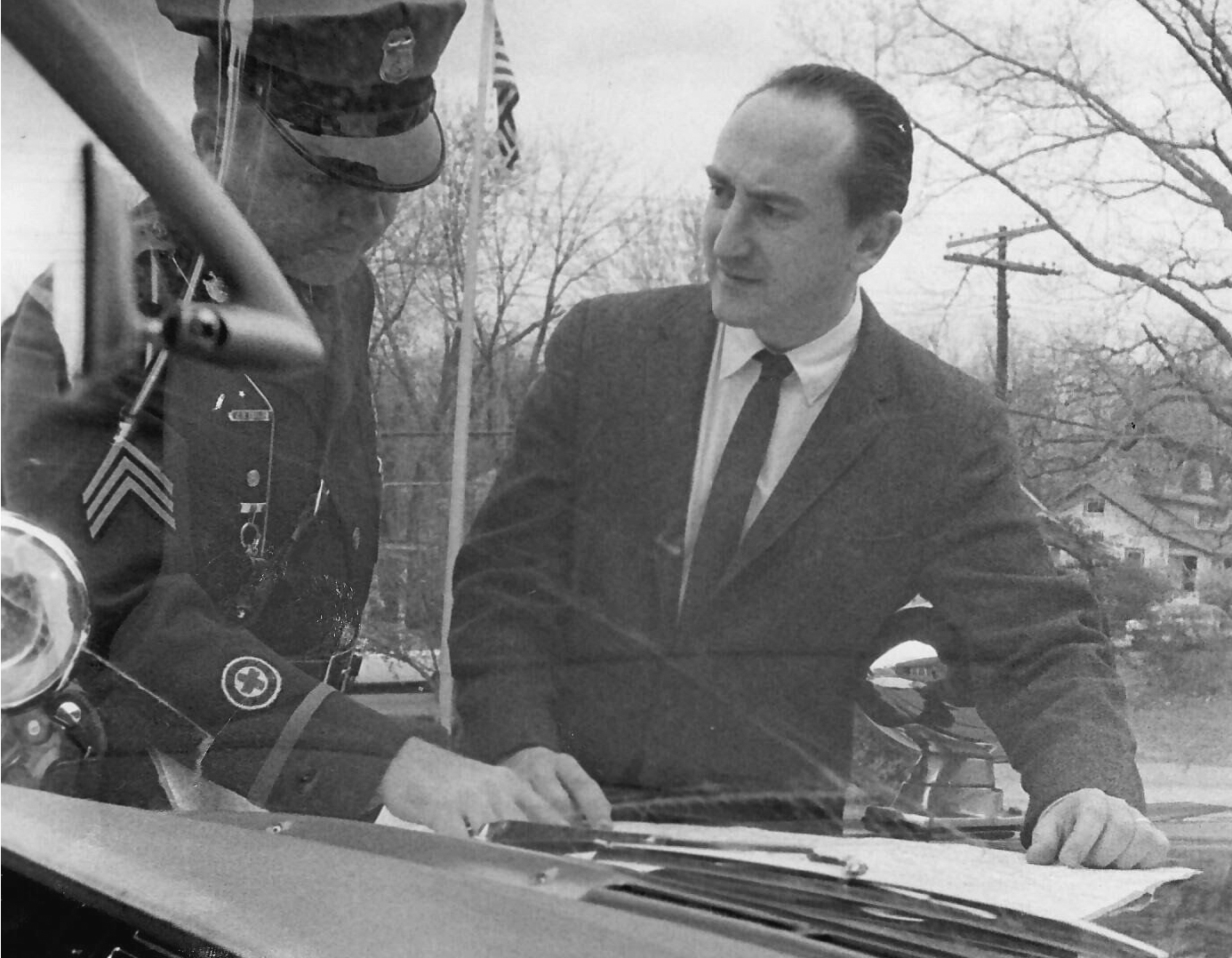

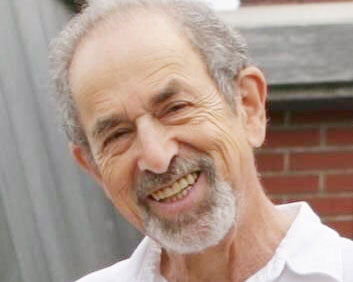



![Photo of Prof. Marvin Levich [philosophy 1953–94]](https://www.reed.edu/reed-magazine/in-memoriam/assets/images/2022/LTL-levich1.jpg)
![Photo of President Paul E. Bragdon [1971–88]](https://www.reed.edu/reed-magazine/in-memoriam/assets/images/2020/Bragdon.jpg)
![Photo of Prof. Edward Barton Segel [history 1973–2011]](https://www.reed.edu/reed-magazine/in-memoriam/assets/images/2020/Segel.jpg)








































































